An economist's blueprint for the countryside that ditches 'flawed romanticism', but still offers hope
Dieter Helm's latest book, Green and Prosperous Land, offers a radical blueprint for rescuing the British countryside. Clive Aslet takes a look.
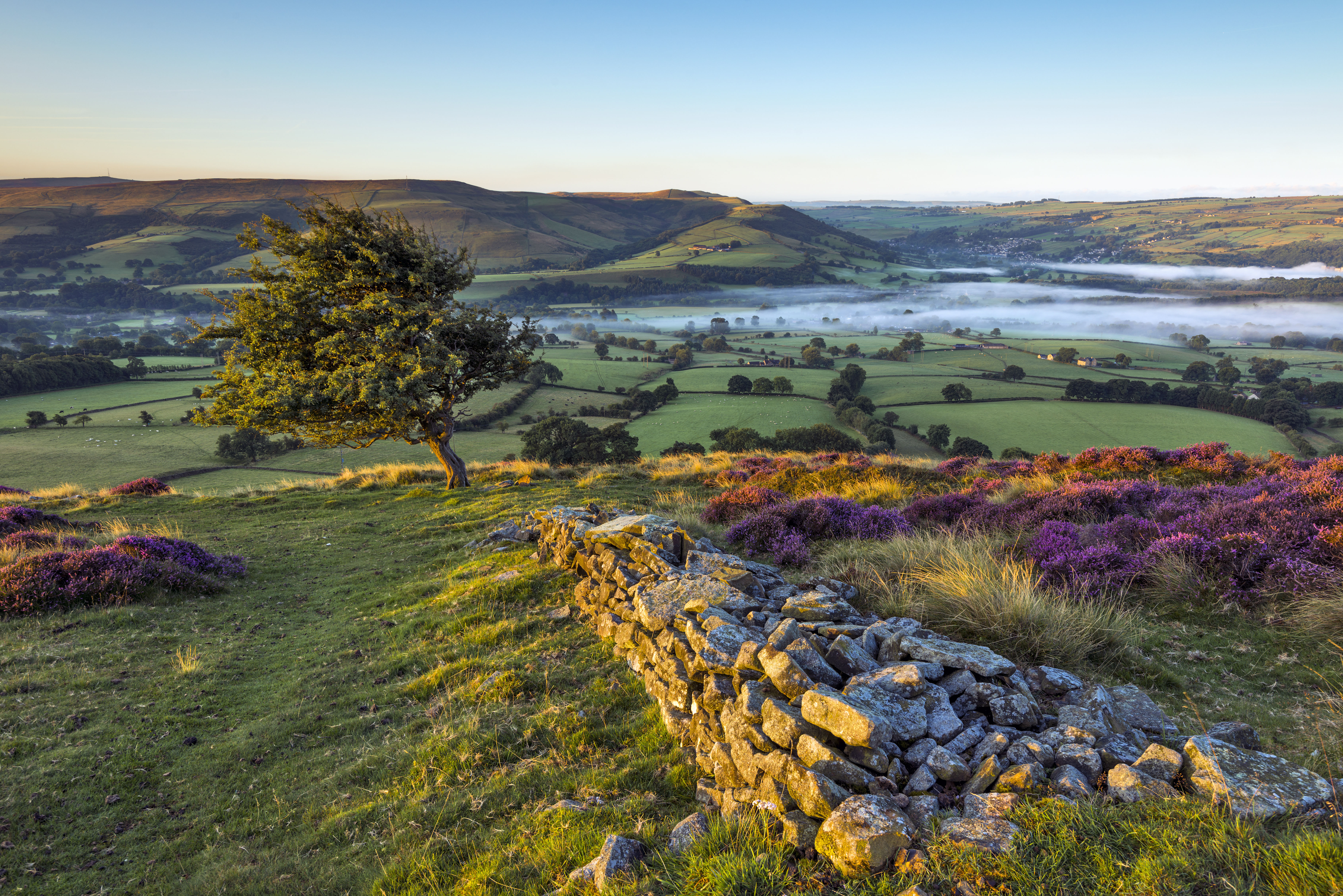
Dieter Helm, an Oxford economist, has taken a good, hard look at the state of our natural environment and the result could be one of the most important books of the decade. Imagine, he writes, what the countryside could look like in 2050. A place of hay meadows and birdsong, of butterflies and clear, biodiverse rivers, with towns and cities that could also have been greened, the air purer, health better.
If we simply carry on as we’re doing, the consequences will be dire. We face a world devoid of many of the creatures and experiences we love. We can’t, perhaps, do much on a global scale, but we can ensure that these islands aren’t hopelessly impoverished. Salvation lies not in the trendy, flawed romanticism of the rewilding movement, nor in organic agriculture, but in better economics.
'Beautiful landscapes, wildflowers and dragonflies are public goods. If their sum is diminished, we all lose'
We need to price natural capital, protect public goods and pursue the ‘polluter pays’ principle. Natural capital is everything in the great interconnected web of Nature, much of which (air and water quality, plant diversity, number of birds and the time spent watching them) is ‘every bit as measurable as the time saved by HS2 or Crossrail’. It needs to be priced into the cost of industrial activity and development.
Beautiful landscapes, wildflowers and dragonflies, being common for everybody to enjoy without detriment to others, are public goods. If their sum is diminished, we all lose.
So much is obvious and the idea that polluters should pay for the damage they cause is well-established. If the pollution caused by, in particular agriculture, were properly costed, the behaviour of polluters would be very different.
Overgrazing in the uplands exposes peat, which then washes into streams. Poorly maintained fields lose topsoil into rivers. The great Somerset Levels flood of 2014 was partly caused by the silting-up of the Rivers Parrett and Tone: ‘The farmers then demanded that the Environment Agency dredge the rivers to remove the silt that they had contributed.’
'Many books on the environment are full of gloom. This one, on the contrary, gives hope'
Water companies have to spend a fortune removing nitrates from rivers, which, ultimately, the consumer – not the farmer – pays for. This ought to be reflected in the cost of fertilisers.
Sign up for the Country Life Newsletter
Exquisite houses, the beauty of Nature, and how to get the most from your life, straight to your inbox.
When such costs are added to the subsidies that have been paid through the Common Agriculture Policy (CAP), agriculture looks, to Prof Helm, like an economically marginal activity. By contrast, the tourist industry, which relies on the pleasure people take in scenery and Nature, is huge.
The judgment against farming may be harsh and comes at a time when, having left the EU, Britain will be in a position to import cheap food freely from overseas. For Prof Helm, worries about food security are out of date; a modern enemy would have destroyed the internet on which we depend long before we ran out of food.
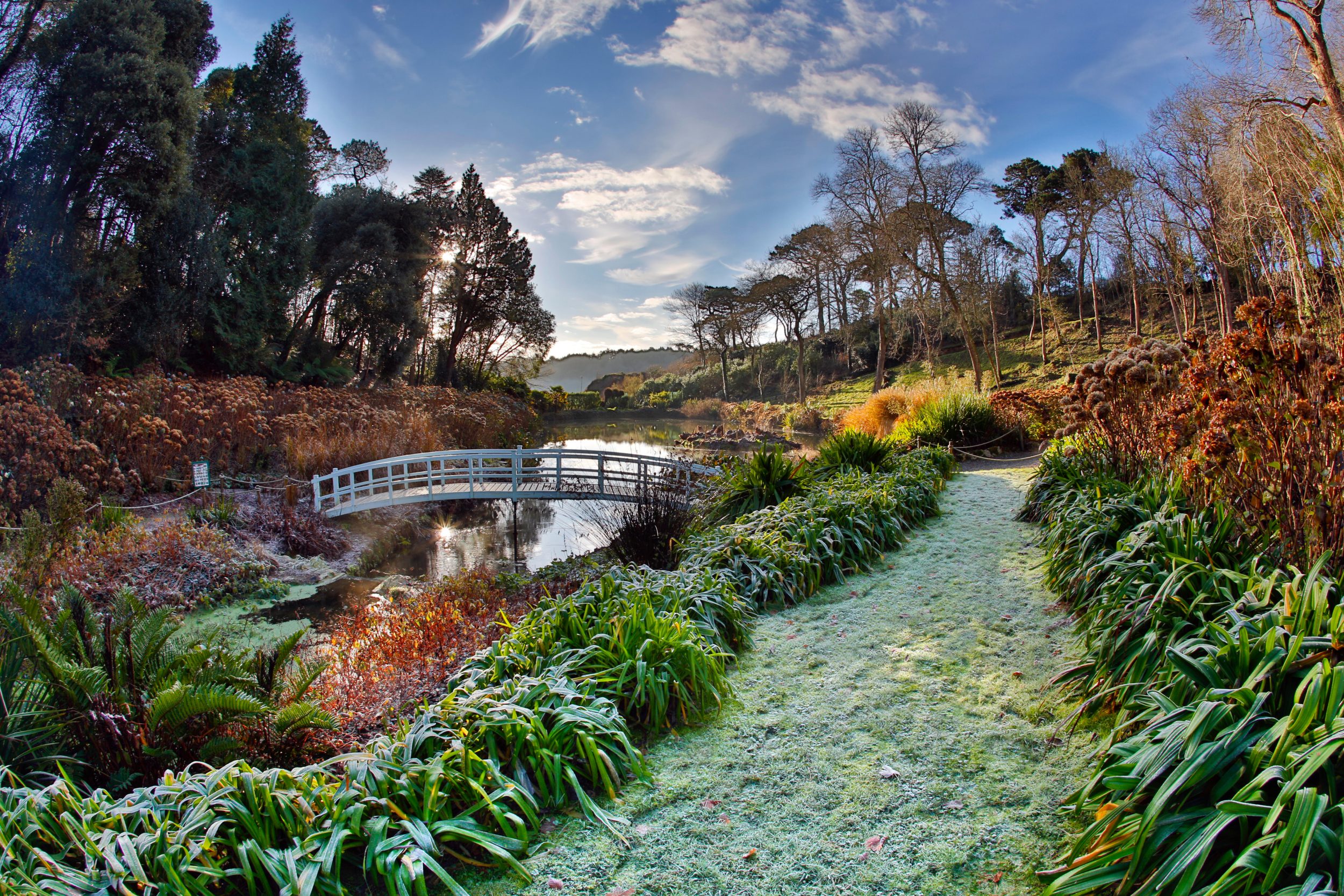
Perhaps. I’d suggest there’s still a risk that harvest failure, caused by climate change and exacerbated by population growth, could lead exporting countries to feed their own people first. It happened in 2008, when no country except the USA allowed the export of rice. We would then need at least the option to grow food – an argument for not building over potentially productive land.
Many books on the environment are full of gloom. This one, on the contrary, gives hope. We could improve green belts (by making them national parks), encourage wildlife (such as the peregrine and house sparrow) in cities, save the seabeds and generally pass down a less damaged natural world to future generations. And here we’re told how to go about it.
One proposal is to establish an independent Nature Fund, through which all money now paid in subsidies and collected from environmental taxes would flow, to be spent according to a properly constituted national plan. It’s just one of many ideas in this brilliant book, the appearance of which could hardly be better timed.
Brexit unshackles us from the controversial CAP. Mr Gove gets a mild rap over the knuckles for considering that food is a public good (it’s a private good), however, as Defra secretary, he’s one of the few British politicians thinking his brief through from first principles. He should take this book as his guide.
Green and Prosperous Land by Dieter Helm is published by Harper Collins, £20.
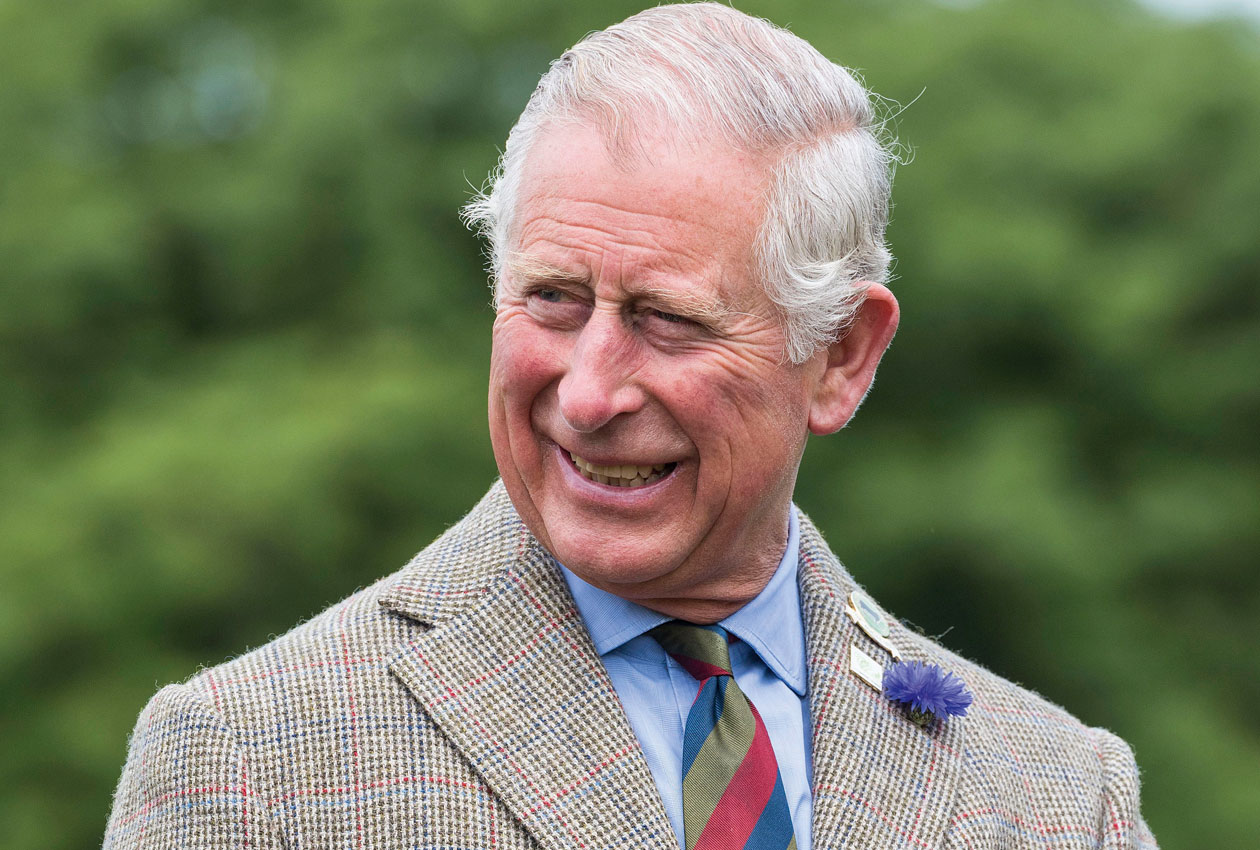
Credit: John Paul Photography / Courtesy of Clarence House
HRH The Prince of Wales: Why we must save the countryside's soul
In his regular birthday message to the countryside, His Royal Highness The Prince of Wales stresses the need for balance
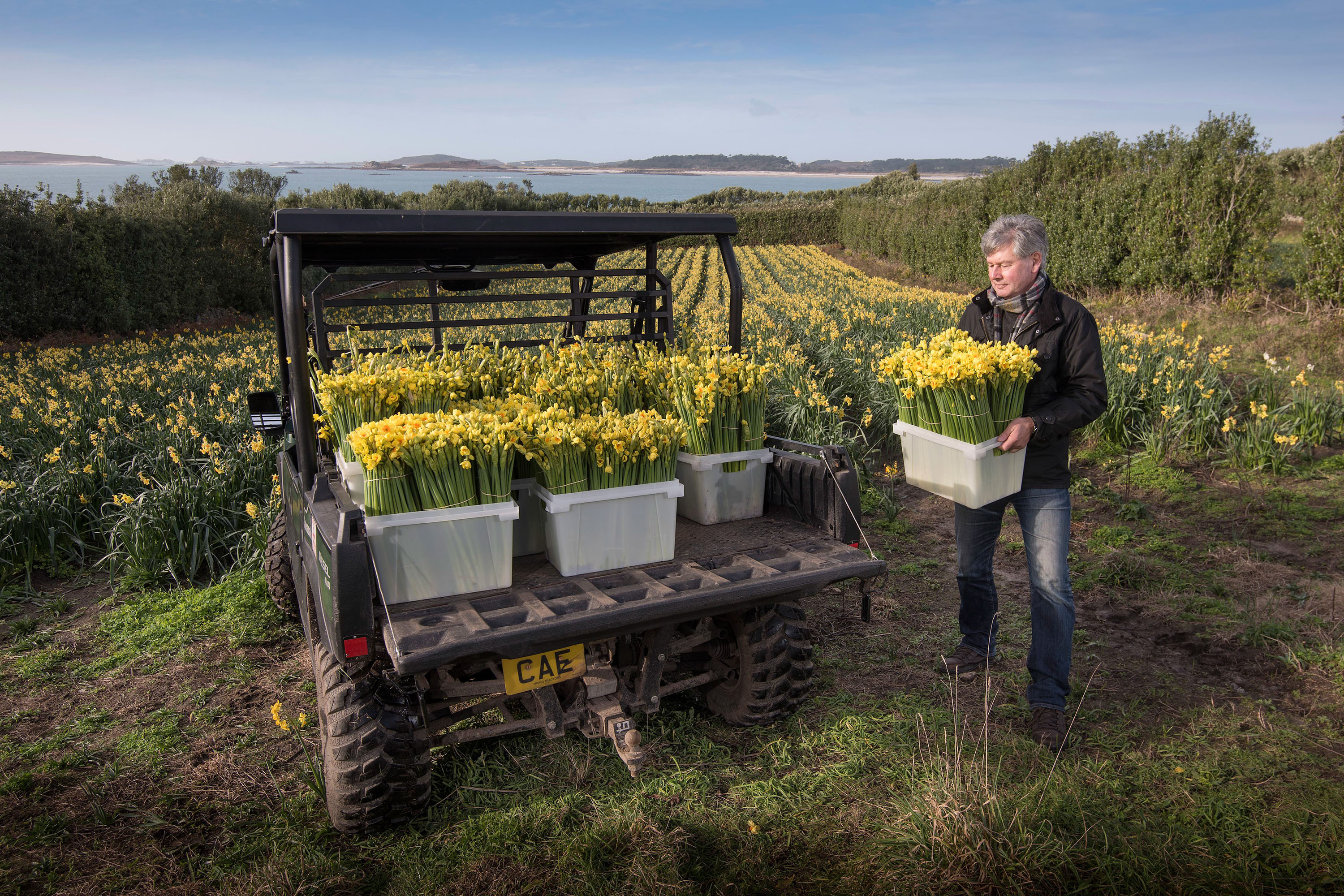
The flower growers of the Scilly Isles: 'There’s a bit of good fortune and a lot of hard work'
The Isles of Scilly have spectacularly good conditions for growing flowers – particularly the daffodils and other narcissi which we're now
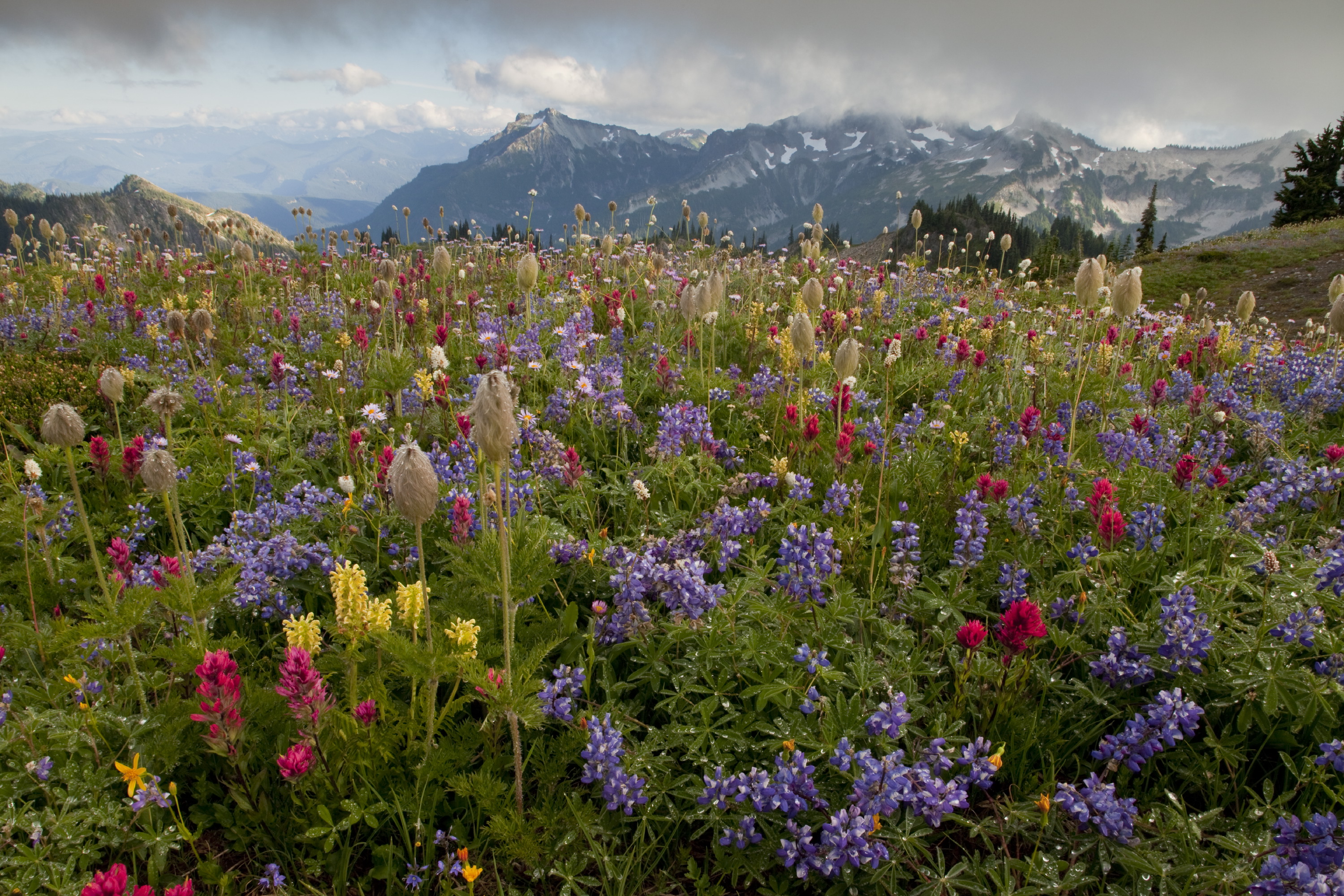
The world's greatest wildflowers: Where to find them and why they bring us so much joy
Lady’s slippers by the hundreds if not thousands, hillsides golden with daisies, swards of salvias: Sarah Raven salutes Bob Gibbons,
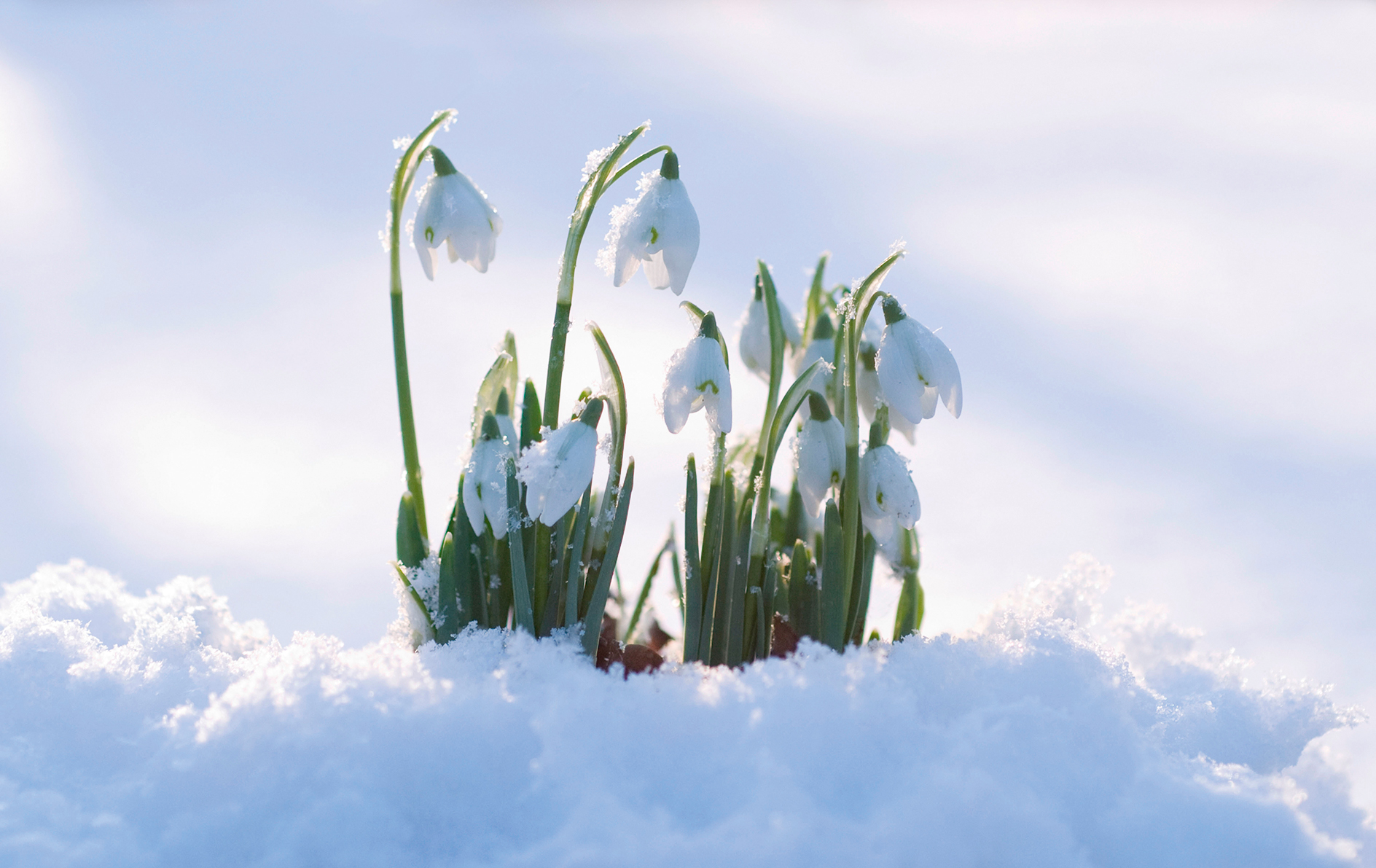
Where to see snowdrops: The best places in Britain
The sight of these tiny white flowers peeping through in January or February never fails to cheer us up –
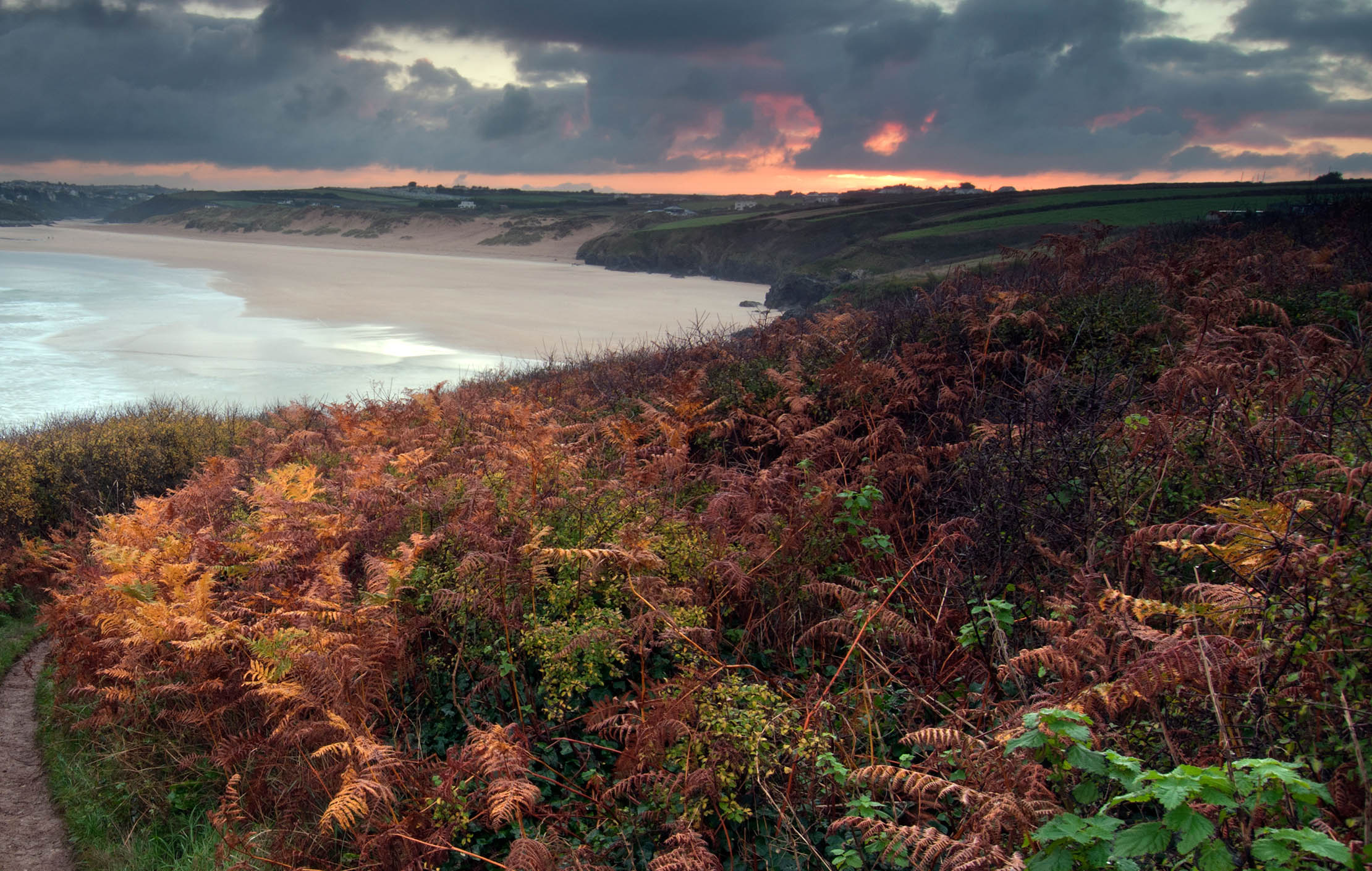
Where to see ferns: Six of the most spectacular places in Britain
Country Life's gardens editor Tiffany Daneff picks out some of the finest ferneries in Britain.
-
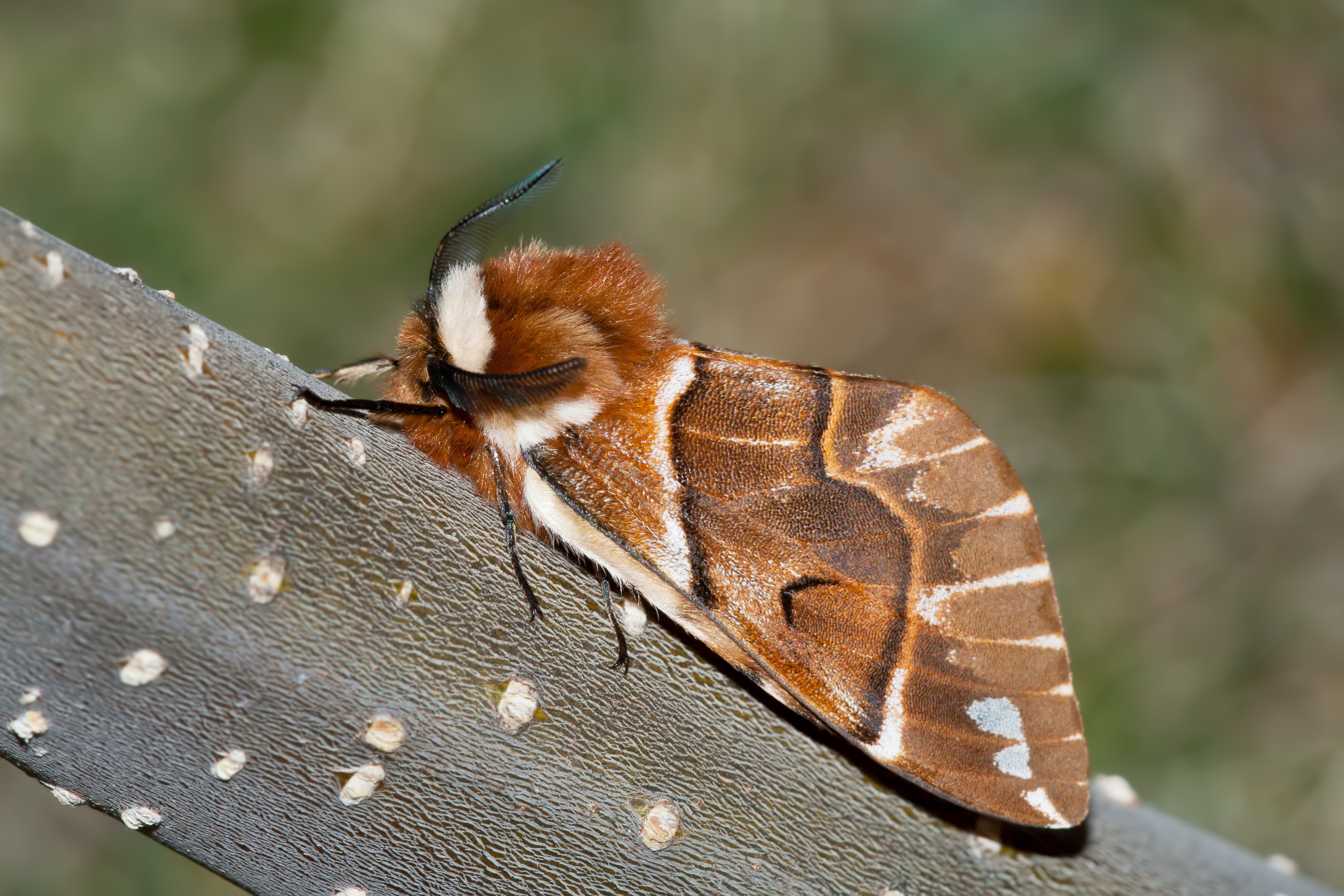 In all its glory: One of Britain’s most striking moth species could be making a comeback
In all its glory: One of Britain’s most striking moth species could be making a comebackThe Kentish glory moth has been absent from England and Wales for around 50 years.
By Jack Watkins
-
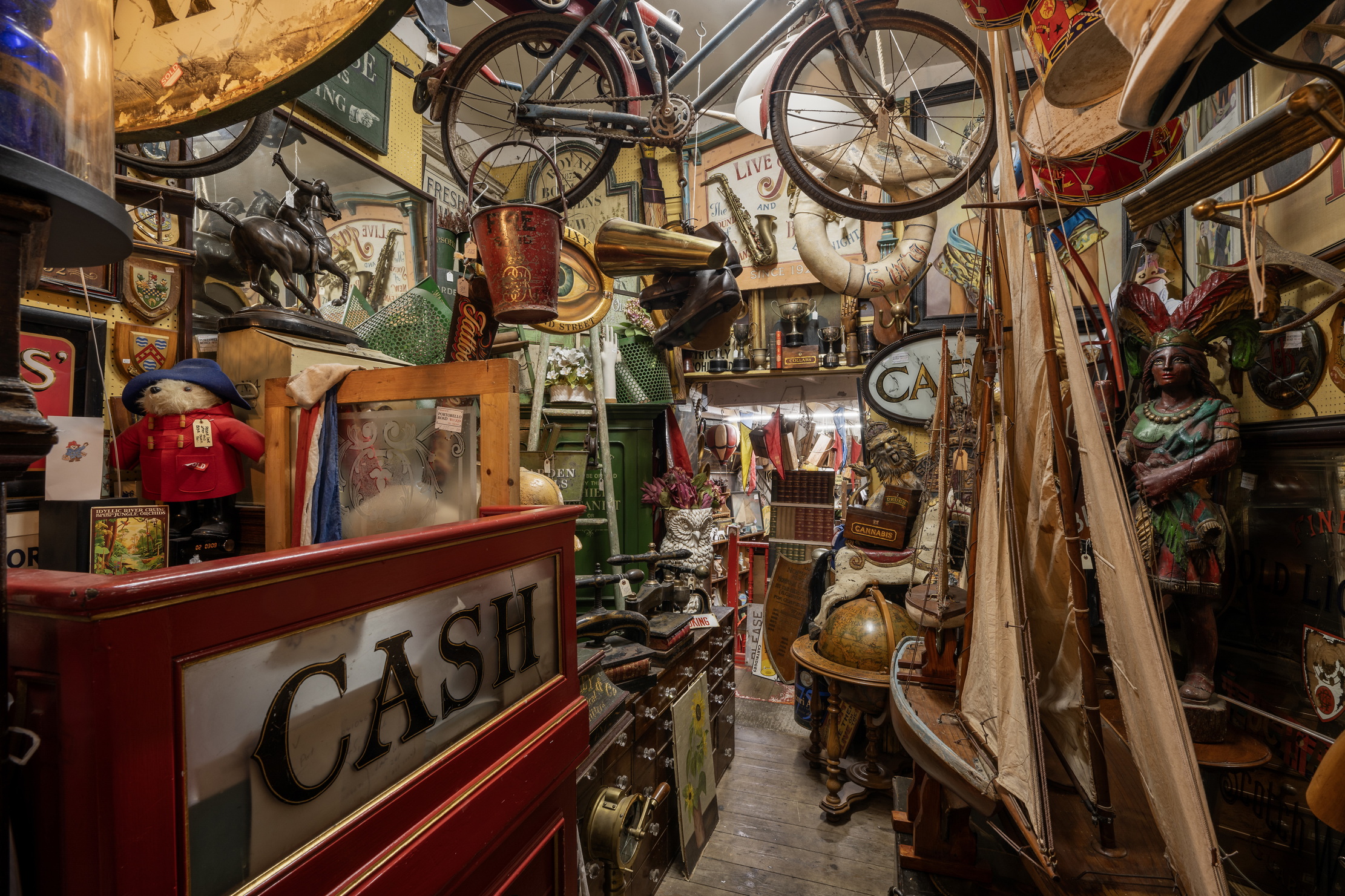 Could Gruber's Antiques from Paddington 2 be your new Notting Hill home?
Could Gruber's Antiques from Paddington 2 be your new Notting Hill home?It was the home of Mr Gruber and his antiques in the film, but in the real world, Alice's Antiques could be yours.
By James Fisher
-
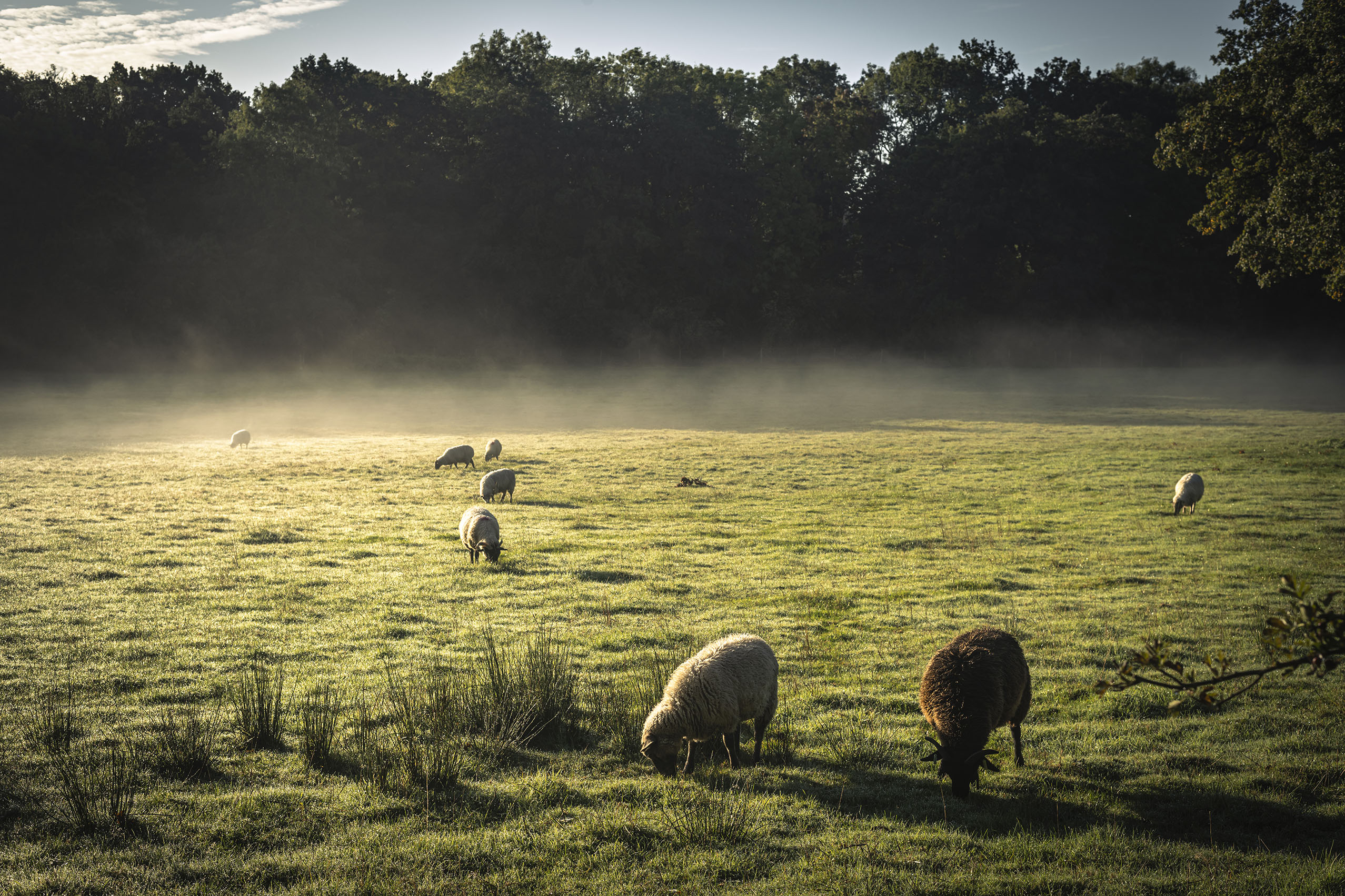 The Wisdom of Sheep, by Rosamund Young: An exclusive extract for Country Life
The Wisdom of Sheep, by Rosamund Young: An exclusive extract for Country LifeRosamund Young, best-selling author of 'The Secret Life of Cows', has a new book out book called 'The Wisdom of Sheep & Other Animals'. We have an exclusive extract for Country Life readers.
By Rosamund Young
-
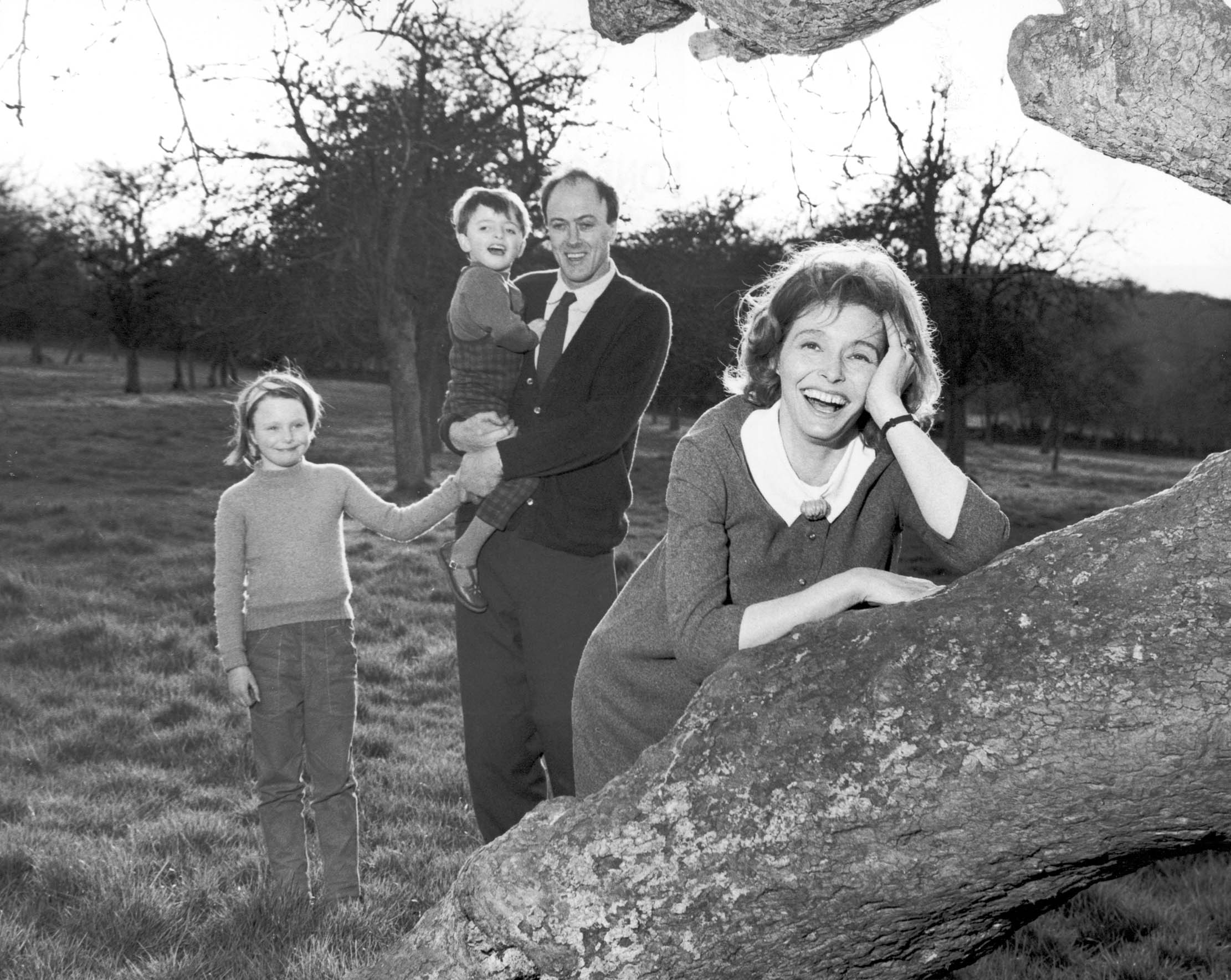 In Focus: How Roald Dahl's love of the countryside shaped his life's work
In Focus: How Roald Dahl's love of the countryside shaped his life's workThe countryside filled the Matilda author Roald Dahl with joy and proved a constant source of inspiration, as Matthew Dennison reveals in a new biography of the prolific storyteller.
By Matthew Dennison
-
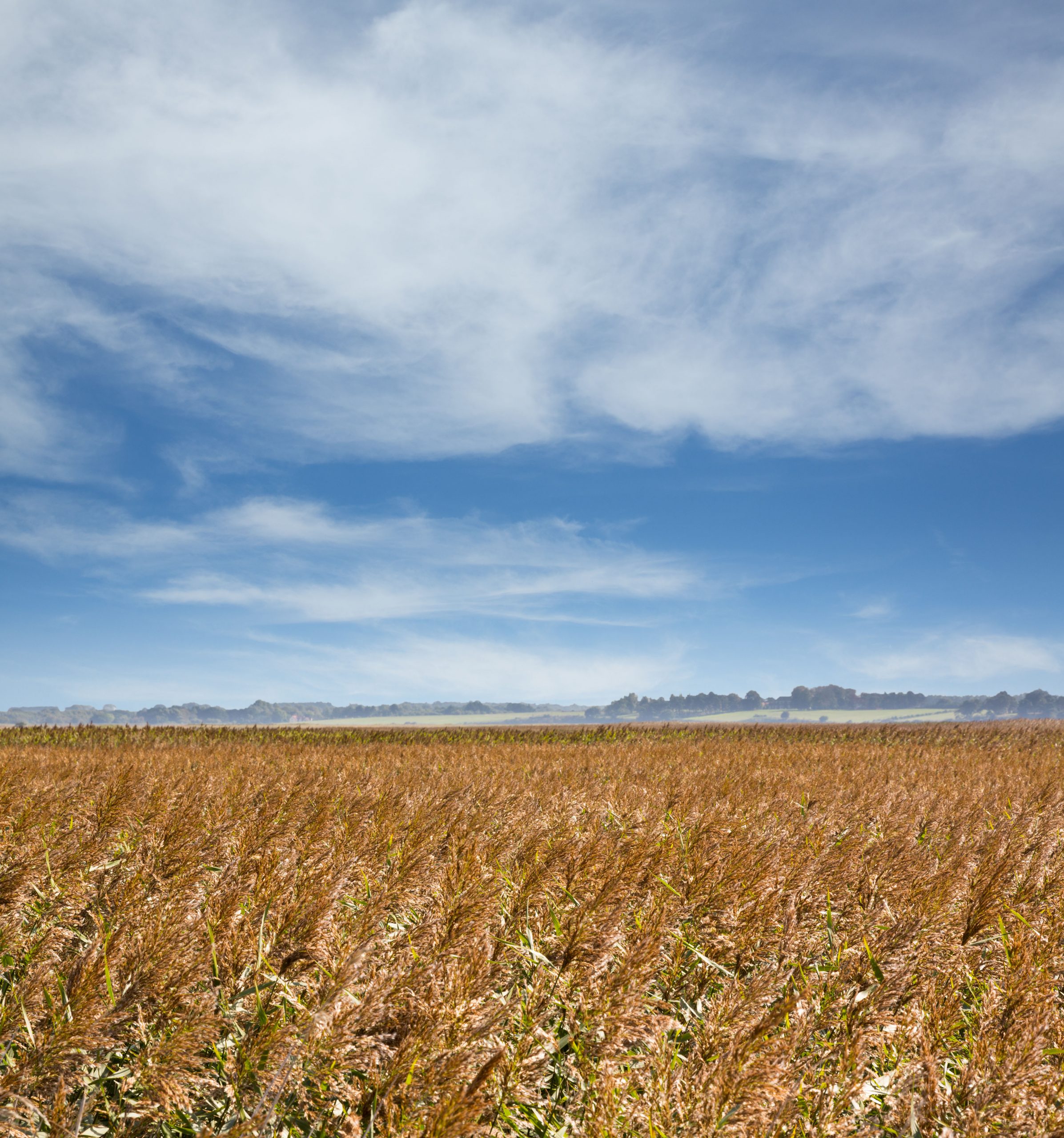 The American airman's portrait of 1940s England that portrays a world that's already disappeared
The American airman's portrait of 1940s England that portrays a world that's already disappearedA chance encounter with a book stall opens the eyes of our columnist Agromenes as he sees England through the eyes of an American airman.
By Country Life
-
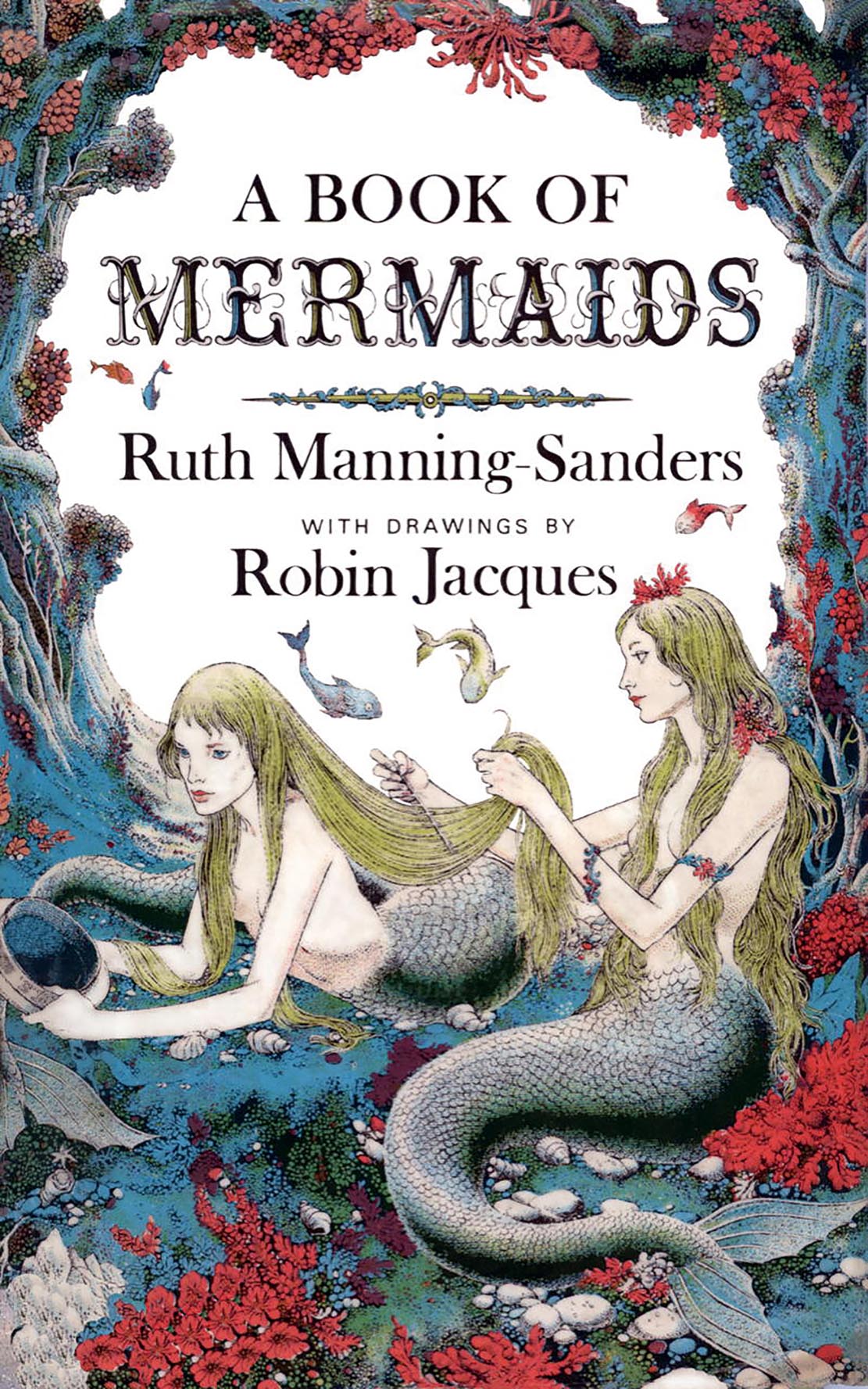 Ruth Manning-Sanders: 'She was certain that it was every child’s birthright to visit a world of enchantment and occasional terrors'
Ruth Manning-Sanders: 'She was certain that it was every child’s birthright to visit a world of enchantment and occasional terrors'Nursery favourite Ruth Manning-Sanders believed it was every child’s birthright to enter a world of enchantment and occasional terrors, where good always triumphs over evil, discovers Matthew Dennison.
By Matthew Dennison
-
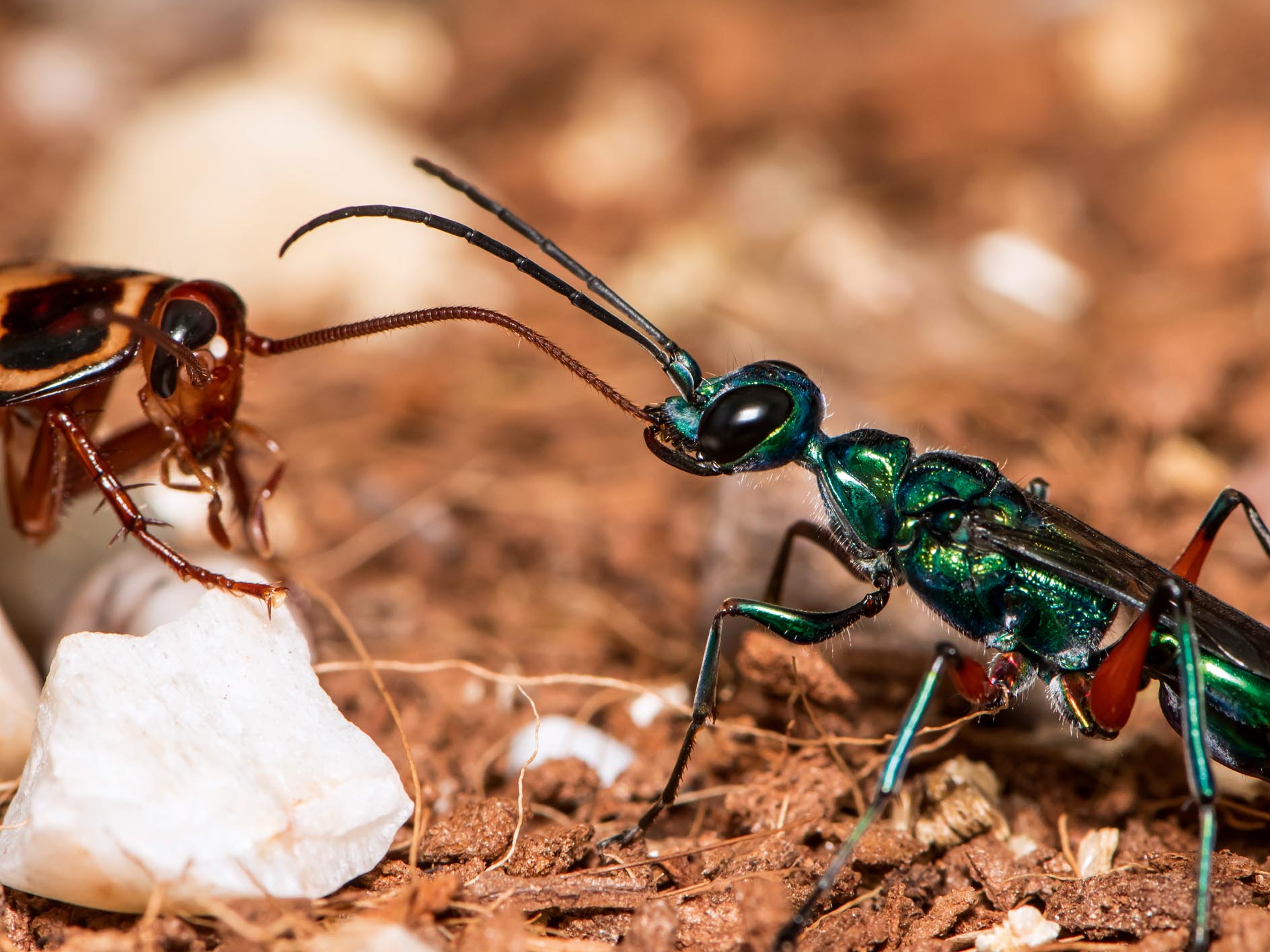 Curious Questions: Should you get rid of wasps?
Curious Questions: Should you get rid of wasps?Yes, they're a pain at your summer barbecue, but wasps are also voracious predators of other insects — and some of Nature’s most important pest controllers. Seirian Sumner, author of ‘Endless Forms: The Secret World of Wasps’, explains a few of the reasons that you might want to hold off calling the pest controller — and, indeed, why you it might be time to start providing wasp nesting houses in your garden, alongside that designer bee hotel.
By Country Life
-
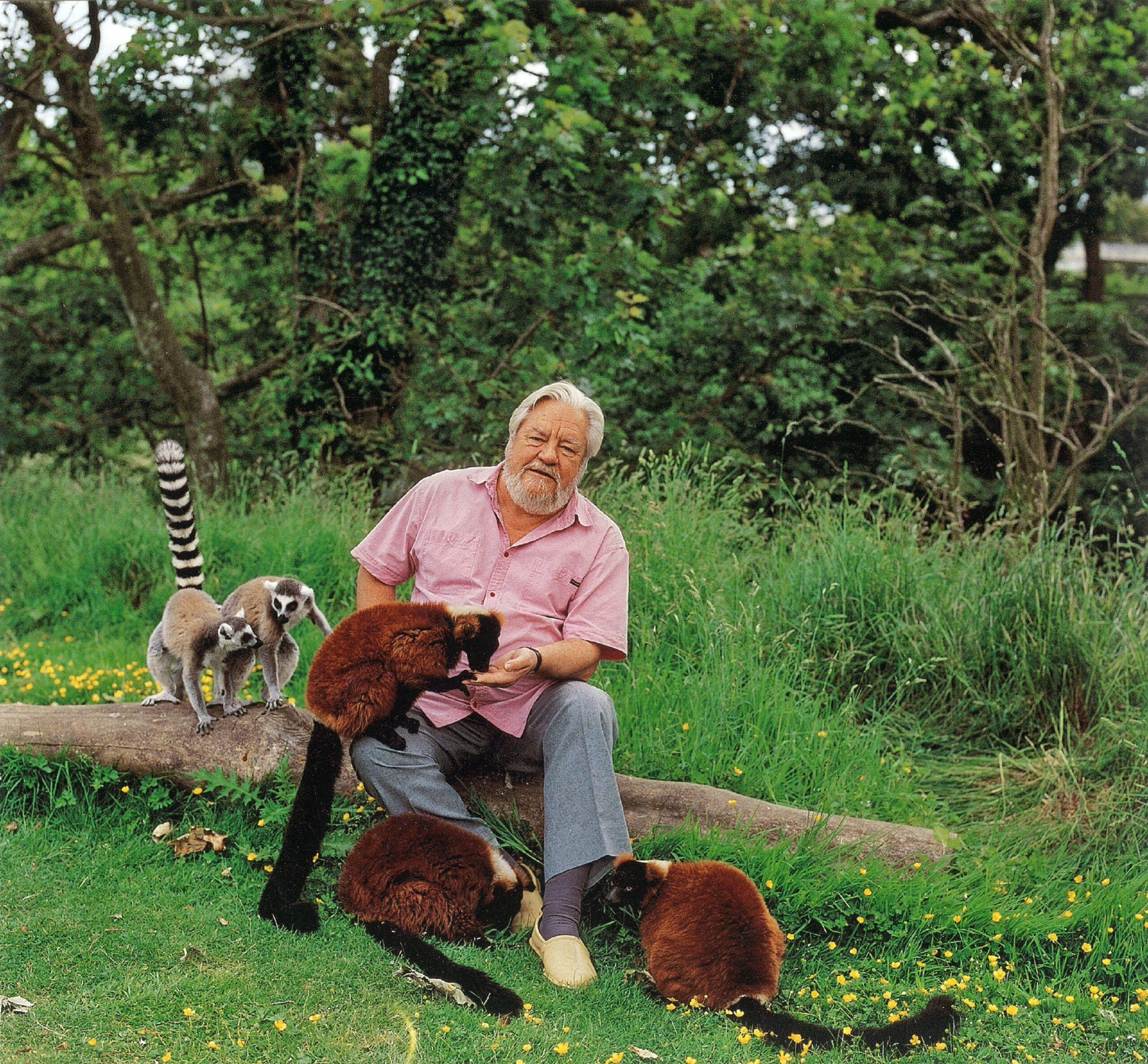 In Focus: Gerald Durrell, the 'pioneer with a marvellous sense of humour'
In Focus: Gerald Durrell, the 'pioneer with a marvellous sense of humour'The author, conservationist and avid nature-lover describes his childhood in Corfu with the 'recollections of a child in a kind of earthy paradise,' in his book, My Family and Other Animals, finds Jack Watkins.
By Jack Watkins
-
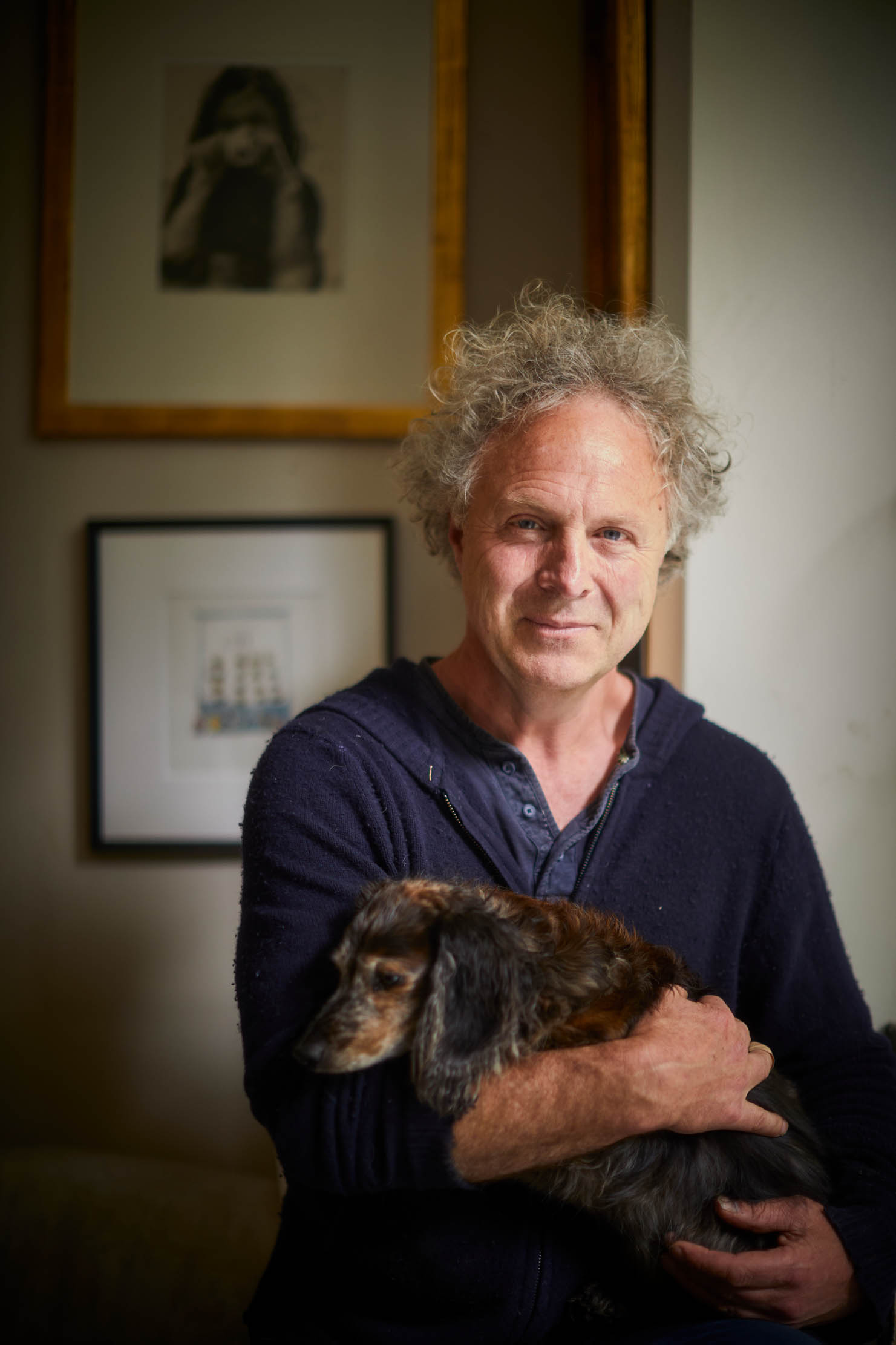 Charlie Mackesy on The Boy, the Mole, the Fox and the Horse: 'It's humbling... The reaction was beyond anything I ever imagined'
Charlie Mackesy on The Boy, the Mole, the Fox and the Horse: 'It's humbling... The reaction was beyond anything I ever imagined'Charlie Mackesy is the author and illustrator of The Boy, the Mole, the Fox and the Horse, the bestselling — and hugely poignant — book that celebrates kindness and understanding. He spoke to Katy Birchall about why there’s no shame in showing weakness and asking for help.
By Katy Birchall
-
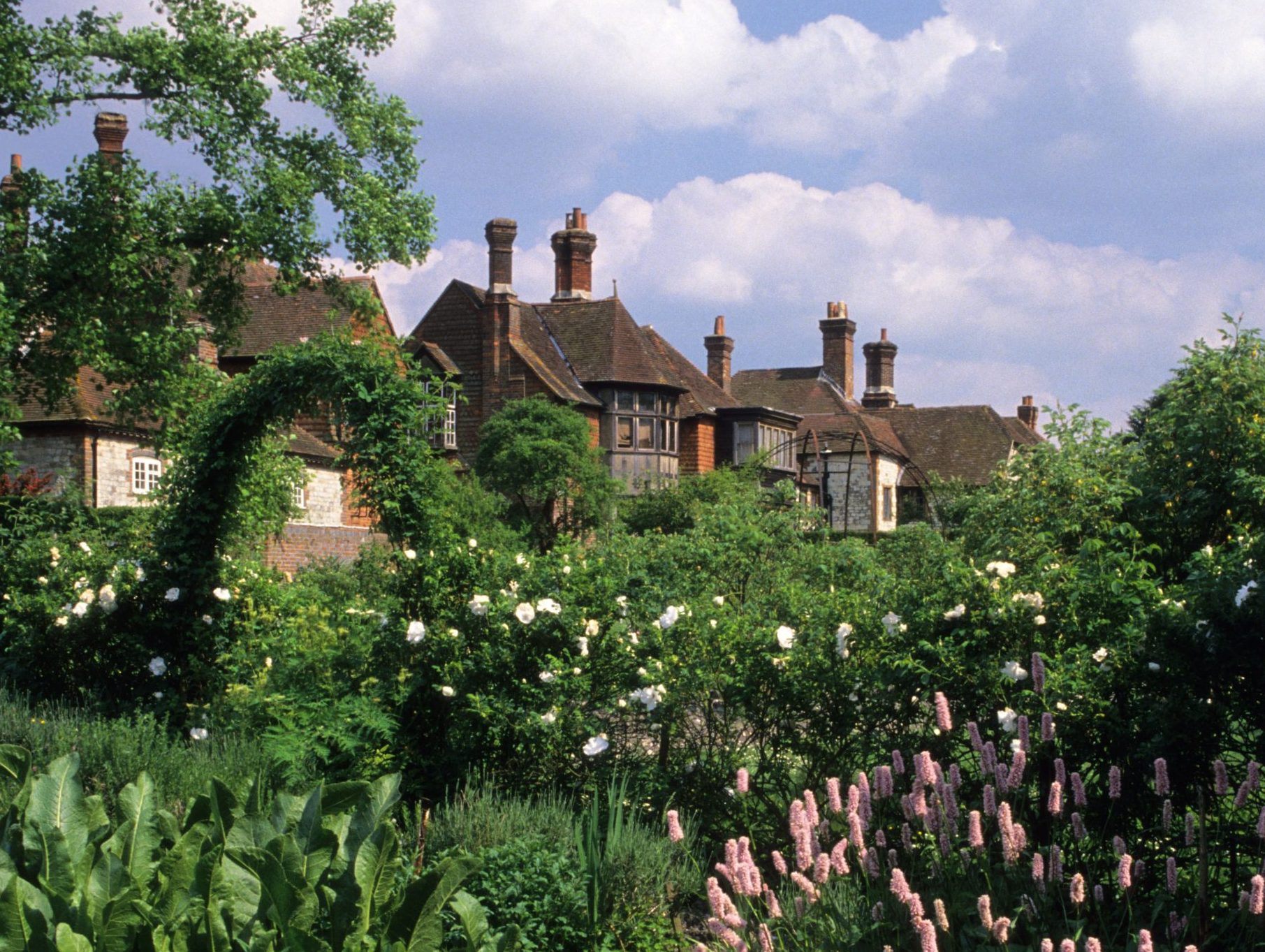 Gilbert White: The naturalist whose poetic but precise words changed how we see the world
Gilbert White: The naturalist whose poetic but precise words changed how we see the worldThe writings of churchman and naturalist Gilbert White are as beautifully exquisite as they are scientifically precise. 300 years from his birth and John Lewis-Stempel
By Toby Keel